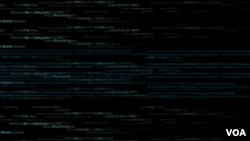Oil companies hit by 'state' cyber attacks, says report ? The Register
written by dan goodin who is one of the best security writers (he actually understands what he is talking about). based on the latest google attacks and the stuff contained in the link it seems I was right when I said the usa infrastructure would be shut down in about an hour if a real cyberwar started. sucks that people are so company apathetic and that companies don't take computer security serious unless they are forced to by law / regulations.
written by dan goodin who is one of the best security writers (he actually understands what he is talking about). based on the latest google attacks and the stuff contained in the link it seems I was right when I said the usa infrastructure would be shut down in about an hour if a real cyberwar started. sucks that people are so company apathetic and that companies don't take computer security serious unless they are forced to by law / regulations.
